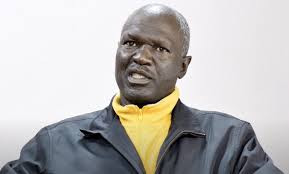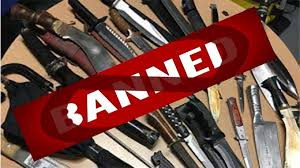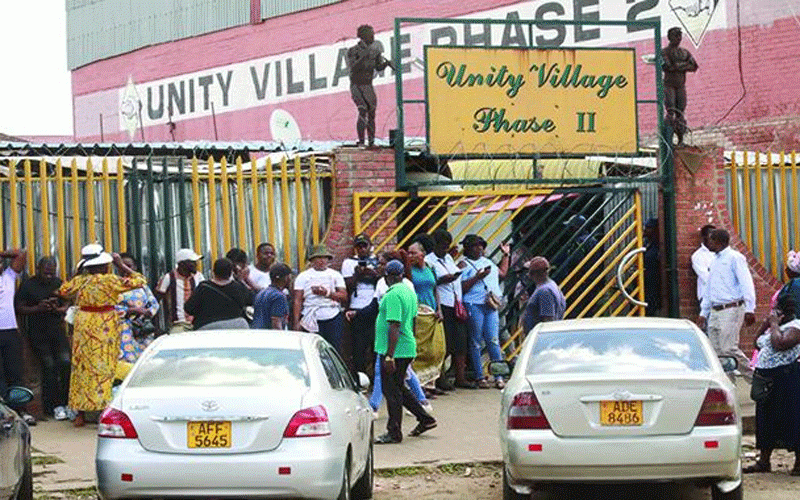THE ministry of Environment, Climate, Tourism and Hospitality Industry is in talks with the Treasury about strategies to support the tourism industry as a result of price distortions brought on by the depreciation of the Zimbabwean currency, Standardbusiness reports.
The dollar has lost more than half of its value versus the dollar so far this year as a result of a substantial inflow of Zimbabwean dollar liquidity and the clearing of backlog at the foreign exchange market, both of which occurred without any corresponding economic growth.
The Zimbabwe dollar was at US$1: $684,33 at the end of last year, but by Wednesday last week, it was worth US$1: $3 673,77 on the official forex market. On the parallel market, it met with worse consequences.
Since they are only permitted to sell services using the official exchange rate, hospitality and tourism suppliers are forced to charge industry participants a higher premium using the parallel market rate, which could result in losses.
“We are engaging with the Ministry of Finance to see areas where we can best support the sector. If you hear, even in my speech I highlighted that we will go through painful patches together,” Tourism minister Nqobizitha Mangaliso Ndhlovu told Standardbusiness in an interview.
“There are times when we experience setbacks as we are doing now with exchange rates and the challenges on how you then price your tourism product, especially so that you remain competitive. So, these are areas where we continue to interact with the Treasury.
Keep Reading
- Why are we still pitting jobs against public health?
- Jurgen Klopp: Liverpool manager signs new two-year contract extension at Anfield until 2026
- Why are we still pitting jobs against public health?
- AfDB approves Energy Access Finance Framework
“In fact, we had a very productive meeting yesterday (Tuesday) with the minister of Finance (Mthuli Ncube) and he took note of most of the issues that the tourism sector looks forward to in terms of support. So, I think the sector is well covered in terms of trajectory.”
As a result of tourism players trying to recoup the cost they incur on supplies, this has resulted in high local prices in the sector leaving domestic patrons to turn to forex for cheaper options.
“Even with our domestic patrons, you will find that they are preferring more on the foreign currency side than the local currency but on that side it’s really more of what is more competitive,” Ndhlovu said.
Zimbabwe Tourism Authority chief executive officer Winnie Muchanyuka confirmed that the authority was inundated with complaints from tourism industry players over the pricing challenges they were facing.
“Tourism has a price taker or cost taker. It sits right at the bottom of the value chain. Tourism does not have a lot of control over the pricing that comes into what makes up their product so it makes it very difficult for us to have very robust or very concrete measures that we could take because we will always take the pricing or the costing that is coming down,” she said.
“But, not to say we will not engage, I think last week the minister (Ndhlovu) had an impromptu meeting with industry players to discuss initiatives that we could put forward to the monetary authorities to be able to assist tourism. I think these are being crafted now. We have a meeting coming up in the week and we are waiting for the relevant appointments with the relevant authorities.”
She said some of the initiatives, industry thought if accepted, would give them some relief.
One of the arguments being used by the Tourism ministry to secure support from treasury is the increase in investments during the first quarter.
During the period, tourism received US$105 million in investments into existing properties and building new ones, an increase of 167% compared to the comparative 2022 period.
“I wouldn’t have the specific details, but we have more investments especially on hotel refurbishments and establishment of new facilities right across the country,” Ndhlovu said.
“Of course, more of that in Victoria Falls but what is pleasing is that we are seeing investments in areas that you wouldn’t have expected.”
“There is a lot of investment going into Masvingo. Midlands, I think, there are about two facilities coming through. Nyanga I think I am actually supposed to commission one in June, if not early July that is almost complete so these are investments that are showing confidence in the future of the sector.”
He said that considering this level of investment, local package providers needed to revisit their pricing to remain competitive and support government efforts.





